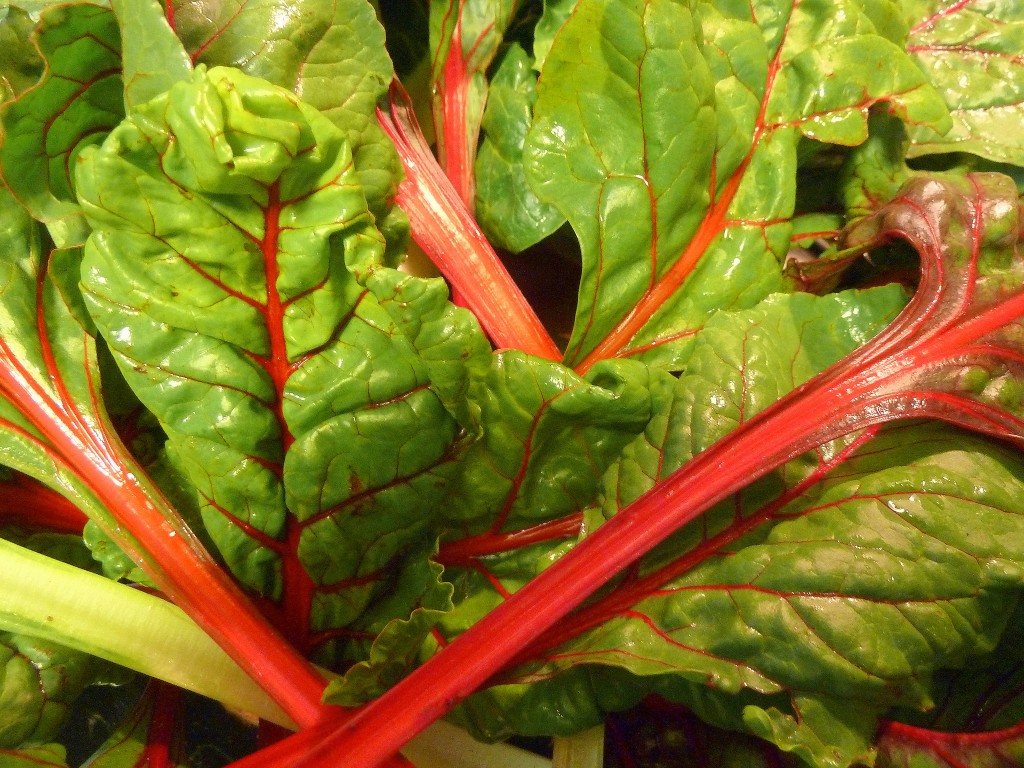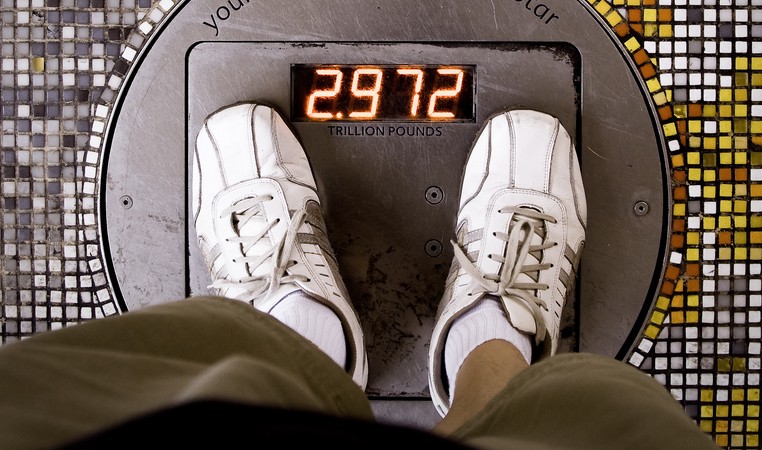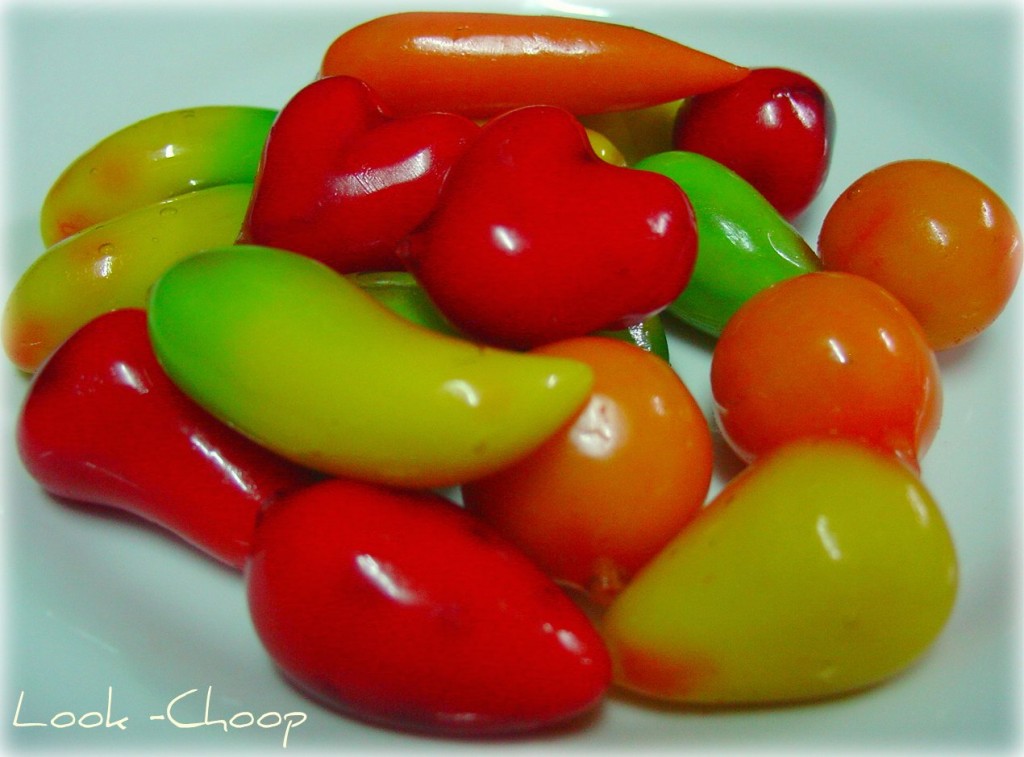
Does Being a Vegetarian Cause Kidney Stones?
F Delventhal, via Flickr Creative Commons
There are many benefits of a low animal protein diet. As a result, many people are becoming vegetarian to support their health.
If oxalate and calcium levels in a food are balanced, they stay in the gut and do not reach the kidneys.
Kidney stones are one of the more uncomfortable afflictions and if the stones block the flow from the kidneys, they can cause serious damage to the kidney itself.
How Do Kidney Stones Relate To Eating Vegetarian?
Most stones are calcium oxalate stones (about 70% or more). Nutritional lore goes like this: Since most stones are made from calcium and oxalate you should restrict foods high in calcium and oxalate in order to have fewer kidney stones. Oxalate is found in vegetables…so restrict vegetables. Is this true? Turns out it is not at all that simple.
- Not all vegetables contain oxalate.
- If oxalate and calcium levels in a food are balanced, they stay in the gut and do not reach the kidneys.
- High protein, meat-rich diets are associated with more kidney stones.
- A variety of other factors including dehydration, excessive vitamin C and excess salt all also contribute to kidney stones.
So was your urologist completely accurate or completely off base saying that vegetarians get stones? Well, neither or both, depending on how you look at it.
Carnivores Get More Stones
Oxalate and calcium are more common in certain foods that are found in a vegetarian diet, but it appears vegetarians get fewer stones than meat eaters.
In a study done in 1979, men with the highest meat consumption were more likely to be recurrent stone formers due to the increase urinary excretion of calcium, oxalate and uric acid. This study was again repeated in 1982 and vegetarians had a 40-60% decreased risk of kidney stones. In another study from 2009, the DASH diet (usually recommended for hypertension) that includes high intake of fruits, vegetables, nuts and legumes, low-fat dairy products, and whole grains, some lean meats and low intake of sodium, sweetened beverages, and red and processed meats, found that this diet cut the risk of kidney stones almost in half. This may be due to the decrease in animal protein, the higher amounts of magnesium and potassium in vegetables or the higher amount of phytic acid in grains.
Not All Vegetables Are Created Equal
Many other studies have looked mostly at the excretion of oxalate and calcium in the urine or at the amount of oxalate in the foods. They’ve found certain vegetables with the highest oxalate content: Spinach, rhubarb, Swiss chard, strawberries, nuts, cocoa powder, chocolate, beets, beet greens, peppers, tea (both black and green), okra, peanuts, pecans and wheat germ and bran contain sufficient oxalate to increase urinary oxalate excretion. But, it is not just vegetables or vegetables with oxalate, but those that are high in oxalate and low in calcium that get absorbed and excreted in the urine. Of those foods mentioned these four are the highest in oxalate and lowest in calcium and pose the highest potential risk: beat greens, rhubarb, chard, tea. If you have a history of kidney stones and your diet is high in these foods, then you are likely at a higher risk of making more stones. What can you do?
My Recommendations
- Drink plenty of water (this decreases the concentrations of minerals in the urine making them less likely to form stones: a simple formula to determine your daily water is ½ ounce per pound of body weight e.g. 150 pounds à75 ounces a day).
- Stay low on your protein consumption (high protein leads to more calcium and oxalate in the urine).
- Stay low on you sodium consumption (sodium increases urinary excretion of calcium).
- Avoid the main oxalate rich, calcium low foods above including tea and cocoa.
- If you must take in high oxalate foods, mix them with a high calcium foods, like chocolate with a little skim milk (this will keep the calcium and oxalate from reaching your kidneys) or boil high-oxalate leafy greens and discard the water.
- Avoid vitamin C in high doses (this can be converted to oxalate and come out in the urine).
- Avoid high dose calcium supplements taken once a day (these increase calcium excretion in the urine) or if you must take calcium supplements take calcium in the form of calcium citrate and take smaller doses, 2-3 times a day with meals.
- Avoid the standard American diet or high meat diets.
- Enjoy other vegetarian foods.
- If you have a stone strain your urine and bring it in for analysis (to make sure that you are like most people and have calcium oxalate stones, other stones have other recommendations).
- If you have calcium oxalate stones, talk to your urologist about taking potassium citrate.
So go forward, eat wisely and feel free to share this post with your urologist. All good doctors want to give more accurate information and often time does not permit them to do so. This will help them help other people who want to follow a vegetarian diet and have a history of kidney stones.









